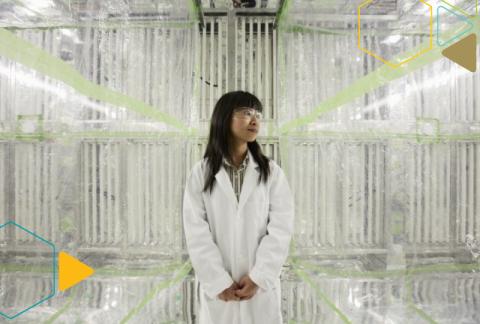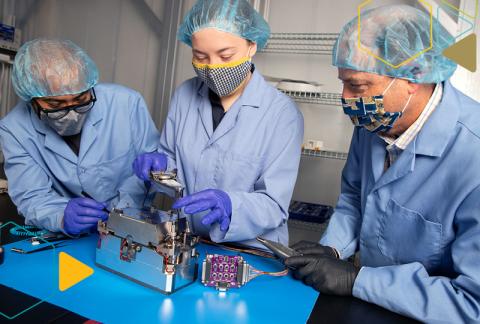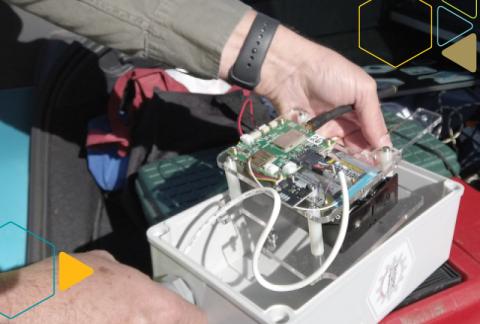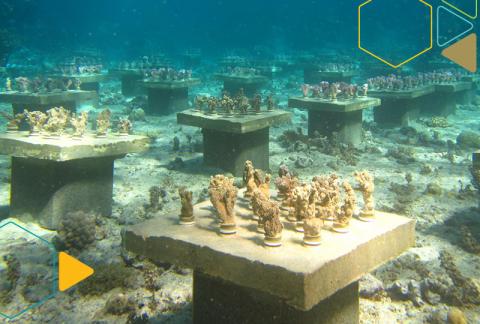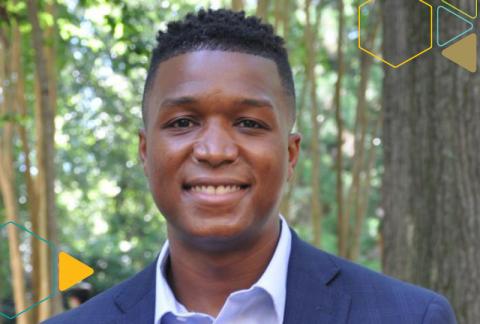Georgia Tech is focused on understanding climate change and the long-term behavior of global climate systems, as well as their impact on human and environmental health. At the intersection of scientific disciplines and engineering principles, we work to address emerging environmental issues — from sustaining our air, water, and land resources to public health and environmental restoration.


